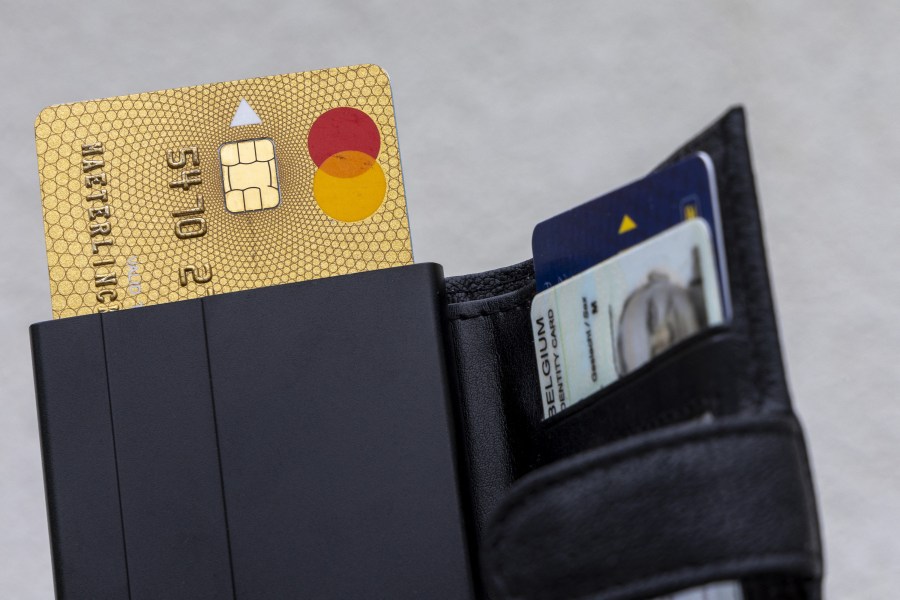HONOLULU (KHON2) — A recent survey has revealed that many parents are facing tough decisions and regrets when it comes to giving their children access to credit and debit cards.
The study highlighted a mix of financial freedom and frustration amongst families dealing with unauthorized spending by kids.
Parents’ choices and regrets
According to the survey, nearly 3 in 5 parents have allowed their children to use their credit or debit cards.
This means that 59% of parents have given their kids permission to make purchases using their cards.
Interestingly, fathers are more likely than mothers to hand over their card, with 64% of dads compared to 54% of moms. However, this trust often comes with its own set of problems.
About 31% of these parents regret letting their children use their cards.
This regret is particularly common amongst millennials (ages 28 to 43), high-income earners and parents with younger kids.
The survey found that 42% of millennials, 41% of those making over $100,000 a year, and 39% of parents with children under 18 have second thoughts about their decision.
Unauthorized spending
A significant issue revealed by the survey is that 22% of parents reported their children making purchases without permission.
The largest unauthorized purchase reported averaged $620. This spending often occurs through digital platforms where card details are saved, making it easy for kids to make purchases without asking.
Here’s a breakdown of how unauthorized spending typically happens:
Saved payment methods: 64% of unauthorized spending happens through saved card details on apps or websites.
Stolen physical cards: 26% of parents say their child took a physical card without asking.
Cash theft: 23% of kids have taken cash from their parents.
In many cases, kids are coming clean about their spending, with 86% of parents whose children used the card without permission saying their kids admitted to it.
Almost half of these children confessed without being asked, leading many parents to require their children to find their own source of income.
Family arguments over money
Money-related disagreements are common in families. Nearly half of parents have argued with their children about money with 31% of these arguments occurring within the past year.
Topics of contention include:
Unapproved Ppurchases: 44% of parents argue about things their children want but don’t buy.
Allowance amount: 31% of arguments are about how much allowance a child receives.
Spending habits: 25% of disputes involve how children spend their money.
To prevent and resolve these conflicts, experts suggest setting clear rules and expectations about card usage.
It’s also helpful to involve children in budgeting discussions and to encourage them to save for their own purchases.
Allowance trends
The survey also explored how parents handle allowances. About 75% of parents give their children an allowance. The most common starting age for allowances is between 5 and 8 years old.
Millennial parents are the most generous, giving an average of $82.35 per month, compared to Gen Xers who give $63.23 and Baby Boomers who give $30.44.
Experts like Matt Schulz from LendingTree recommend starting money lessons early. Teaching kids about handling money while they’re young helps them understand financial responsibilities better as they grow up.
Tips for managing card access
Here are some practical tips for parents dealing with card access and spending issues:
Set clear rules: Establish specific guidelines about when and how your child can use your card and explain the consequences for unauthorized use.
Discuss family budget: Share some aspects of the family budget with your children to help them understand financial decisions.
Encourage saving: Have children save up for their own purchases to give them a sense of ownership and responsibility.
Avoid saved card details: Keep payment methods out of apps your children use to prevent unauthorized spending.
To read the full study, click here.
By following these strategies, parents can better manage their children’s access to credit and debit cards while teaching them valuable lessons about money management.
